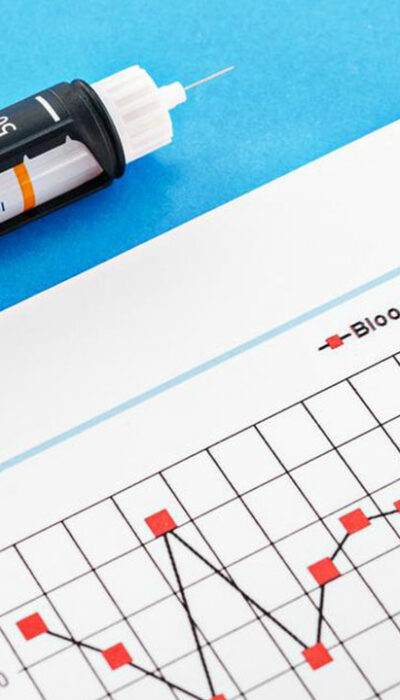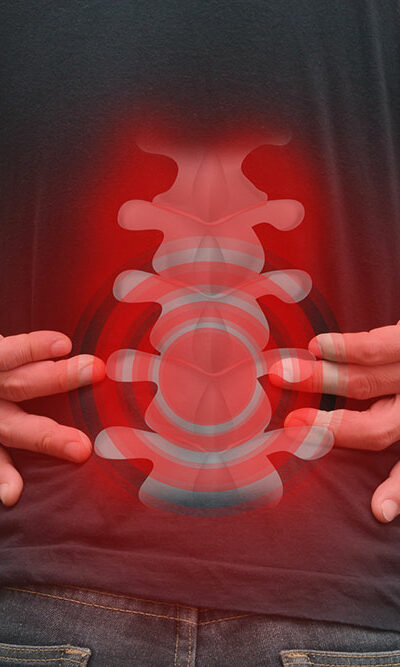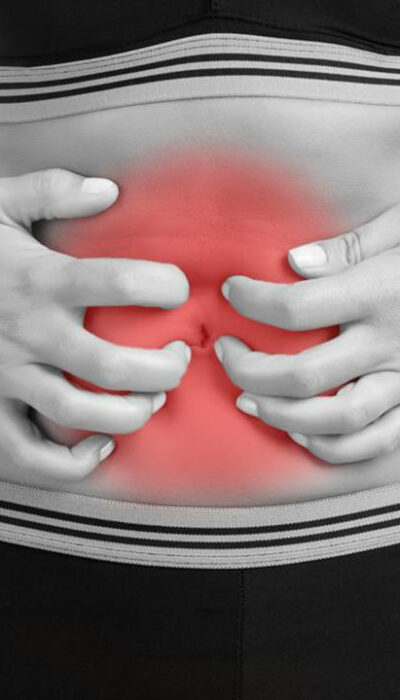
Understanding The Importance of Blood Sugar Levels Chart
Blood sugar is the amount of glucose (sugar) that is present in the blood. For metabolic homeostasis, the body naturally regulates blood glucose levels. The primary source of energy in blood cells and blood lipids is glucose. Blood sugar level is usually low in the morning and rises after one consumed food. It is when the blood sugar levels are not in the normal range, medical attention is required. A blood sugar level chart shows the fluctuation of blood sugar and insulin (sugar lowering hormone) in people through the day. The chart shows at what time of the day were the glucose, insulin, starch, and sucrose levels are high and low. From blood sugar levels chart you can find the blood glucose levels before and after meals. Blood sugar levels chart is great monitoring your glucose intake and manage it. Here are some of the reasons why this testing through chart is important: Testing blood sugar level through blood sugar levels chart is important for diabetes care. If you have been trying to curb your diabetes, then this chart helps you to gauge how well you are doing in trying to achieve your overall goal. The measure you are taking such as diet and exercising, how that has been affecting your diabetes can be known and monitored well with the help of these blood sugar levels chart. The chart helps you understand how other factors such as illness or stress can contribute to affect your diabetes. If you are on medications, then a blood sugar levels chart will help you understand how well those medicines are working for you. And it also states the high and low blood sugar levels. The right time to check the blood sugar levels chart: Doctors usually tell you when you should check your blood sugar level.










